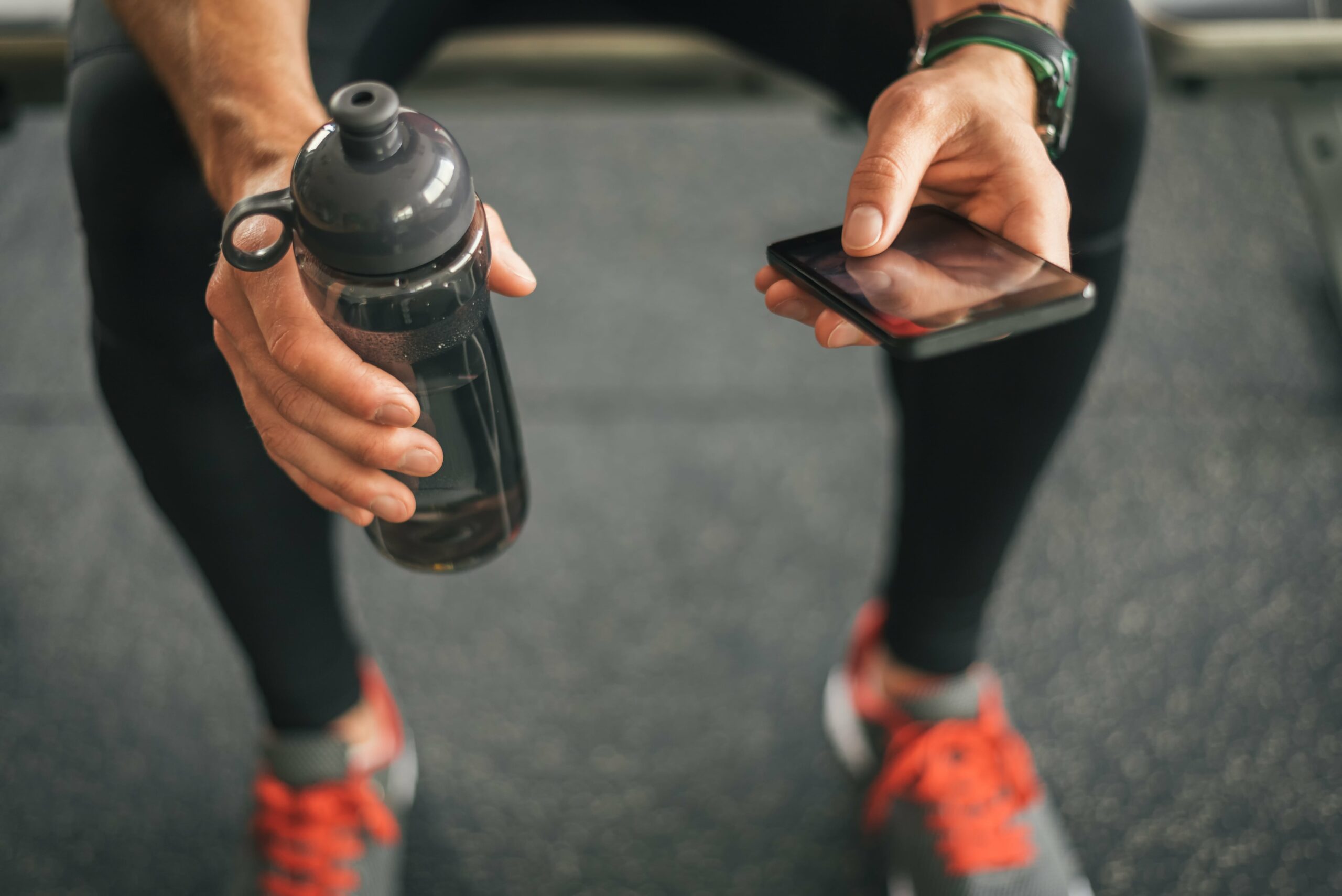Tips for Athletic Trainers from Athletic Trainers

As an athletic trainer, networking with and learning from other athletic trainers can help you excel in your career and gain new insight into common challenges. At University Orthopaedic Associates (UOA), we collaborate regularly with many athletic trainers to help their athletes get back on the field or arena following sports injuries and related conditions.
Here, we’ve compiled a list of useful tips for athletic trainers submitted by Hall Of Fame trainers from the Athletic Trainers’ Society of New Jersey (ATSNJ).
Chuck Whedon
- Treat all athletes and patients fairly and in the same way, and try to avoid making it seem as though injuries sustained from certain sports (such as football) take precedence over others. This is often a common concern among injured athletes.
- Be kind but not too accommodating—especially in the beginning. Athletic trainers who earn respect from athletes and coaches are often less likely to be taken advantage of for our giving nature!
J. Timothy Sensor
- Listen first before reacting. Emergencies are the exception to this rule.
- Develop great relationships with your physicians and, more importantly, their office staff.
- Show up early and prepare to change your “to-do” list at a moment’s notice.
- Be fair to your staff and students.
- Remember that as a medical professional, there are times when you must be firm with your patients.
Christina Emrich
- Be confident in your decisions.
- Develop a rapport with your coaches and administration.
- Be proactive and show your worth.
- Communicate with your coaches, and ask them to please communicate with you in turn.
- Be respectful and professional.
- Don’t be afraid to offer suggestions.
- Don’t take things too personally.
- Recognize when a patient does something great.
- Say hello and thank you.
- Always educate when appropriate.
- Try to make a difference each and every day!
David Csillan
- Before the start of a season, ask your athletic director to have coaches submit their practice and game schedules for that season.
- Adhere to scheduled practice times, and avoid working overtime.
- Have all teams coordinate and conduct practices at the same time, especially on weekends and holidays.
- Make coaches and athletes understand that potential schedule changes should be discussed with the athletic trainer at least 24 hours in advance to ensure the trainer is available. Athletic trainers should not be expected to change their schedules to accommodate altered work schedules.
- Help coaches and athletes understand that communication is key—adopting the Golden Rule of “If it isn’t important enough to tell the athletic trainer, it’s not important enough for the athletic trainer to be there.”
Casey Christy
- “Be so good they can’t ignore you.” – Steve Martin
- Call parents of athletes often, as this helps educate them about your role and expertise.
- Create end-of-season and end-of-year injury and treatment statistics reports and share them with coaches, nurses and admin. Include the dollar value of services, copays saved and injury prevention suggestions based on trends you see.
- Create educational forms, handouts and a website for athletes and parents.
- Limit your after-hours accessibility. Consider having two cell phones: one for school use and one for personal use. Inform coaches that you are not ignoring them after hours and that you leave your work cell phone at work.
- Build relationships with everyone! Talk with parents at events, and give the maintenance worker or custodian at your facility a gift card during the holidays or at the end of the year.
- Set limits on your work hours, especially on Saturdays and school holidays.
- Meet with parents before the season and participate in preseason coaches’ meetings to address issues and expectations.
- Continue learning, and never stop trying to qualify for the job.
- Make yourself available within reasonable limits to evaluate or provide consultation for teachers, staff or admin when it comes to their health issues or injuries.
- Don’t spread yourself too thin. Remember that you don’t need to take care of everyone—just make sure everyone is taken care of.
Eric Nussbaum
- “Don’t be a victim of life. Be a champion of living.” It’s easy to be a victim, but it’s not easy to be a champion, and the end result is far superior.
- Strive to be part of the top 10%.
- Be passionate. Appreciate the journey, and celebrate the victories.
- Working in the HS, you have at least 10 chances a day to make a difference in someone’s life. That’s a great gift!
- “Have at least three good belly laughs each day.” – Steve Bair
- “If you can’t tape it, it’s not worth having.” – Otho Davis
William von Leer
- Act professionally at all times, and dress professionally and appropriately.
- Keep your office and athletic training facility neat and clean—remove the clutter.
- Maintain policies and procedures in writing, and make sure coaches are aware of them.
- Treat all athletes fairly and equally.
- Never discuss student, staff or general school issues in front of students.
- Students are not your friends—they are students.
- Be passionate and respectful about what you believe you need and deserve to do your job appropriately. Fight for what you need, and remember that what you want is not always what you need.
- Keep in mind that your athletic training room or golf cart belongs to the school. However, your administration should not impede your use of them if you need access to them to do your job.
- If you are given a budget, use it.
- Set a daily schedule. Do not work extra hours unless you will be compensated for them. Make sure you receive breaks for lunch and dinner every day, as everyone deserves 30-minute breaks to sit down and eat.
Mike Prybiecien
- Don’t take things personally.
- Always act and dress professionally because you never know who’s watching.
- Work hard and be a great communicator.
- Inform coaches of their roles in advance of every season.
- Provide coaches with sports medicine policies and procedures before the start of the season and make them sign a coaches’ acknowledgment form. The form should state that they have read and understand all policies and procedures.
- Don’t forget to have fun! You can still develop great relationships while being professional and have a good time at work.
Donald Kessler
- Treat every kid as if they were your own. They are!
- Remain calm and professional at ALL TIMES. Remember that everyone is counting on you in an emergency, and there will be times when you must stand up and be a LEADER.
- Maintain a healthy work-life balance. You won’t be able to help anyone if you are burned out. Spend quality time with family and exercise regularly to stay mentally and physically healthy. Say no to situations where you may be overworked—otherwise, it will be expected!
Mark Bramble
- Treat athletes with evidence-based modalities and stick to the science. Coaches will respect when athletes can return to safe play as quickly as possible after an injury.
- Never undersell the time you expect an athlete to miss. When an injury takes longer to heal, your coaches may question your abilities. Avoid committing to solid return-to-play times.
UOA is committed to the pursuit of excellence in orthopaedic treatment, medical education and training, clinical and bench research and the promotion of community health. We invite all athletic trainers to visit our For Professionals blogs and videos for more helpful information. You can also join us in reshaping the future of healthcare on our careers page and keep an eye on our events page for continuing education credits.

